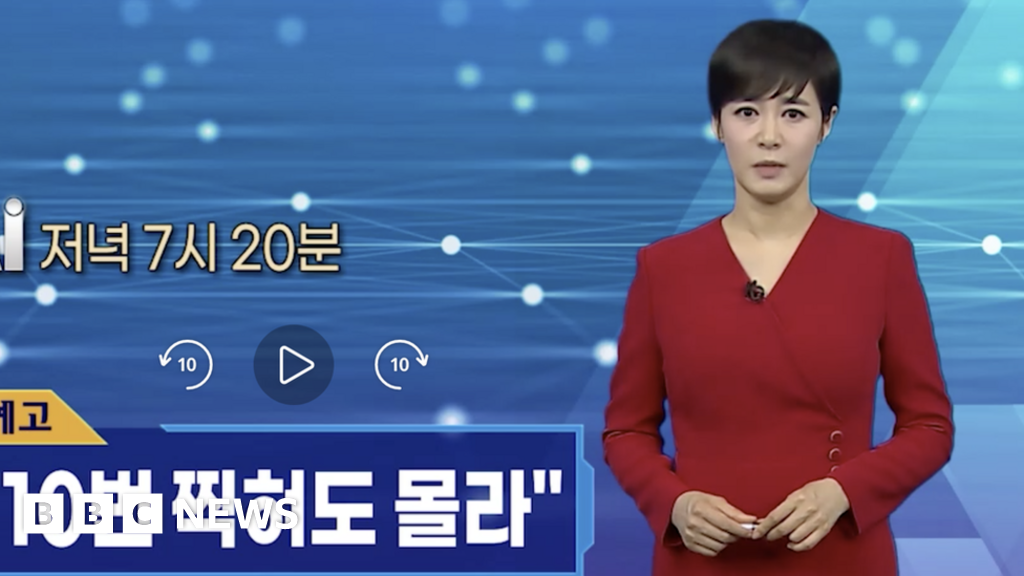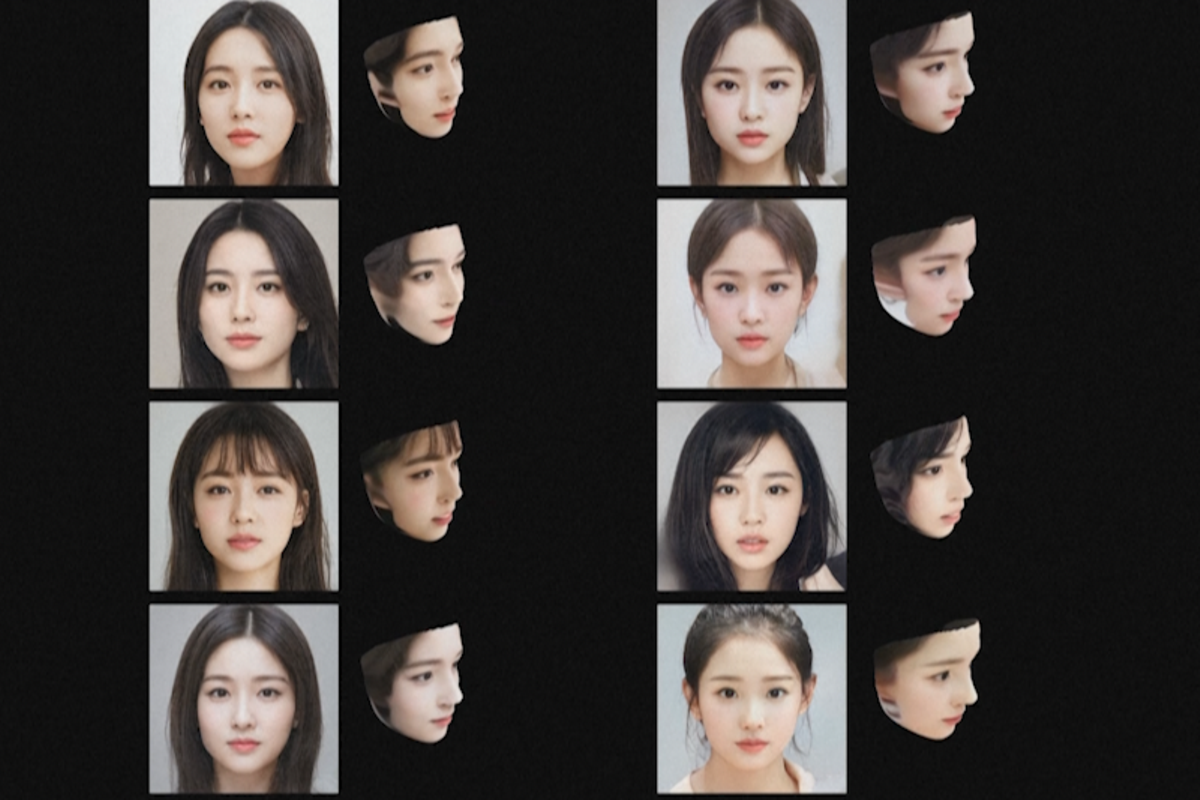Kpop Deepfakes: The Disturbing Trend & Legal Battles!
In an era defined by technological marvel, are we prepared for the dark side of innovation? The proliferation of deepfakes, particularly those targeting vulnerable individuals, demands immediate and decisive action.
The rise of deepfake technology has ushered in a new era of digital manipulation, where videos can be altered to convincingly depict individuals saying or doing things they never did. While deepfakes have potential applications in entertainment and education, their misuse poses a grave threat, particularly to female celebrities in the K-pop industry. These digitally fabricated videos, often of a sexually explicit nature, are rapidly spreading across the internet, causing immense emotional distress and reputational damage to the victims.
The term "deepfake" itself refers to video edits meticulously crafted using artificial intelligence (AI) technology. These edits synthesize faces or specific parts of existing individuals onto other bodies or scenarios, creating highly realistic but entirely fabricated content. The sophistication of this technology makes it increasingly difficult to distinguish between genuine and manipulated videos, amplifying the potential for harm.
- Curious Gas Stations Eggs Where To Find Them
- Brigitte Macrons Early Life Rare Childhood Photos Revealed
On August 30th, Twice's agency, JYP Entertainment, issued a formal statement announcing legal action against the creators and distributors of illegal deepfake videos targeting the group's members. This decisive action underscores the severity of the situation and the determination to protect the artists from further exploitation. The agency emphasized its commitment to pursuing all available legal avenues to hold perpetrators accountable and prevent the continued spread of these harmful videos.
YG Entertainment, the agency representing prominent K-pop groups such as Blackpink and Babymonster, echoed these concerns. On September 2nd, YG Entertainment officially stated that they were "very seriously aware of the situation in which inappropriate deepfake productions are being produced and distributed in relation to their artists." The agency affirmed its intention to take strong legal measures against those involved in the creation and dissemination of these malicious deepfakes.
The ethical and moral implications of deepfake technology are profound. These digitally manipulated videos not only twist the truth and steal the identity of individuals but can also inflict deep emotional trauma on the victims. The creation and distribution of deepfake pornography constitute a severe invasion of privacy and a form of digital sexual assault. The prevalence of these videos highlights the urgent need for stricter regulations and increased awareness to combat this growing problem.
- Somali Telegram Groups Find Culture News More Updated
- Unlock Fun Play Unblocked Games G Free Games Here
The alarming statistic that nine out of ten deepfake pornography videos feature female celebrities underscores the disproportionate impact of this technology on women. This gendered aspect of deepfake abuse demands a comprehensive response that addresses the underlying misogyny and power imbalances that fuel the creation and distribution of these harmful videos.
The websites that host and promote deepfake content, often under the guise of "entertainment," contribute directly to the problem. These platforms profit from the exploitation of individuals and provide a breeding ground for the spread of harmful disinformation. The ease with which these videos can be accessed and shared online exacerbates the damage inflicted on the victims.
The legal challenges in combating deepfakes are significant. Identifying the creators and distributors of these videos can be difficult, as they often operate anonymously and across international borders. Furthermore, the legal frameworks for addressing deepfake abuse are still evolving, and many jurisdictions lack specific laws to effectively prosecute offenders. The development of robust legal mechanisms is crucial to deter the creation and distribution of deepfakes and to provide redress for victims.
Beyond legal action, raising awareness about the dangers of deepfakes is essential. Educating the public about the potential for manipulation and the harm caused by these videos can help to reduce the demand for deepfake content and foster a culture of respect and accountability. Media literacy programs should incorporate training on how to identify deepfakes and how to report suspected instances of abuse.
Technological solutions also play a critical role in combating deepfakes. Researchers are developing AI-powered tools that can detect and flag manipulated videos, helping to identify and remove them from online platforms. These tools can analyze video content for subtle inconsistencies and anomalies that are indicative of deepfake manipulation. However, the arms race between deepfake creators and detection technologies is ongoing, and continuous innovation is necessary to stay ahead of the threat.
The responsibility for addressing deepfake abuse rests not only with law enforcement and technology companies but also with individuals. By refusing to consume or share deepfake content, we can collectively reduce its demand and diminish its harmful impact. Reporting suspected instances of deepfake abuse to the appropriate authorities can also help to hold perpetrators accountable and protect potential victims.
The rise of deepfakes represents a significant challenge to our digital landscape. However, by combining legal action, technological innovation, and public awareness, we can mitigate the harm caused by these manipulated videos and protect vulnerable individuals from exploitation. The fight against deepfake abuse requires a collective effort to uphold ethical standards and ensure that technology is used for the benefit of society, rather than to its detriment.
The K-pop industry, with its global reach and dedicated fanbase, is particularly vulnerable to the spread of deepfakes. The intense scrutiny and pressure faced by K-pop idols make them prime targets for malicious actors seeking to exploit their image and reputation. The agencies representing these artists must take proactive steps to protect them from deepfake abuse, including monitoring online platforms, pursuing legal action against perpetrators, and providing emotional support to victims.
The creation and distribution of deepfake videos are not victimless crimes. The emotional and psychological toll on the individuals targeted can be devastating. Victims may experience feelings of shame, anxiety, and fear, and their personal and professional lives can be severely impacted. Providing support and resources to victims of deepfake abuse is essential to help them cope with the trauma and rebuild their lives.
The legal and ethical implications of deepfakes extend beyond the realm of pornography. These videos can also be used to spread misinformation, defame individuals, and manipulate public opinion. The potential for deepfakes to undermine trust in institutions and erode the fabric of society is significant. Addressing the broader societal implications of deepfake technology requires a comprehensive approach that encompasses legal reform, media literacy education, and technological innovation.
As deepfake technology continues to evolve, it is crucial to remain vigilant and adapt our strategies for combating its misuse. The development of more sophisticated detection tools, the strengthening of legal frameworks, and the promotion of public awareness are all essential components of a comprehensive approach. By working together, we can mitigate the harm caused by deepfakes and ensure that technology is used responsibly and ethically.
The fight against deepfake abuse is a fight for the truth, for the protection of vulnerable individuals, and for the preservation of a just and equitable society. It is a fight that requires our collective commitment and unwavering dedication.
- Breaking Carly Jane Onlyfans Leak What You Need To Know
- Brian Houston Net Worth 2024 The Truth Revealed Updated

'Deepfake is the future of content creation'

A new K pop group was created with AI and deepfake technology

South Korea AI deepfake actress sings, reads news and hosts TV shows